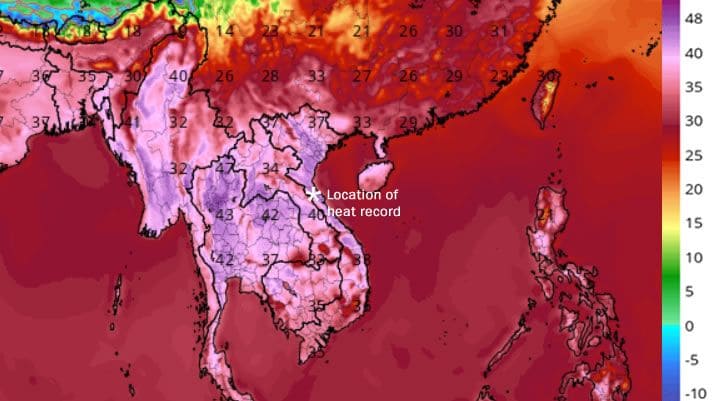Pollinator crisis shrinking vegetable production: scientists
New Delhi, Oct 10, (PTI): Vegetable production in India is shrinking over the years due to a decline in the population of pollinating insects like bees and butterflies, a new study has claimed. The study, carried out by researchers at the University of Calcutta, found a disturbing trend in the growth of yields of several vegetables despite an increase in their cultivation area over the past 45 years. Led by Parthiba Basu, a researcher at the varsity’s Ecology Research Unit, the team analysed the growth of yield and cultivated area of 11 major pollinator-dependent vegetable crops, including cucumbers, brinjals, pumpkins, tomatoes and gourds, between 1963 and 2008. Basu and his student Ritam Bhattacharya presented their findings at a recent British Ecological Society meeting held at the University of Leeds. It was found that although the area used for cultivating those vegetables has gone up by 340 per cent (over six times), their absolute yield has increased by a meagre 63 per cent taking 1963 as the base year. However, pollinator-independent vegetables like potatoes, ginger, garlic and several pulses have witnessed a proportionate increase in their yields compared to their cultivation area during this period. “This is an indication that yields of pollinator dependent crops might be affected by the pollinator loss as during the same period, the non pollinator dependent crops have shown increase in the yields,” said Dr Basu. “There is hence both a dependence and crisis. Of the crops mentioned above, brinjal and tomatoes have shown a steady increase in cultivated area and hence have become both increasingly dependent on pollinators as well as been hit by a seeming pollinator crisis,” he told PTI. “The findings that a shrinking yield of pollinator-dependent crops would indicate pollinator limitation, while an expanding area under these crops would indicate an increased dependence on pollinators.” Pollination is a natural process in which pollen is transferred by pollinators such as bees and butterflies in plants, enabling their fertilisation and reproduction. If the findings are extrapolated, Basu said, this would offer a “clear indication” that India is facing a decline in natural pollinators, as ecological farming is practiced on only about 10-20 per cent of the country’s arable land. “Overuse of pesticides and vanishing wilderness areas from our agricultural landscape could be the main reasons behind the decline in natural pollinators,” Dr Basu said. …
Pollinator crisis shrinking vegetable production: scientists via Apocadocs

